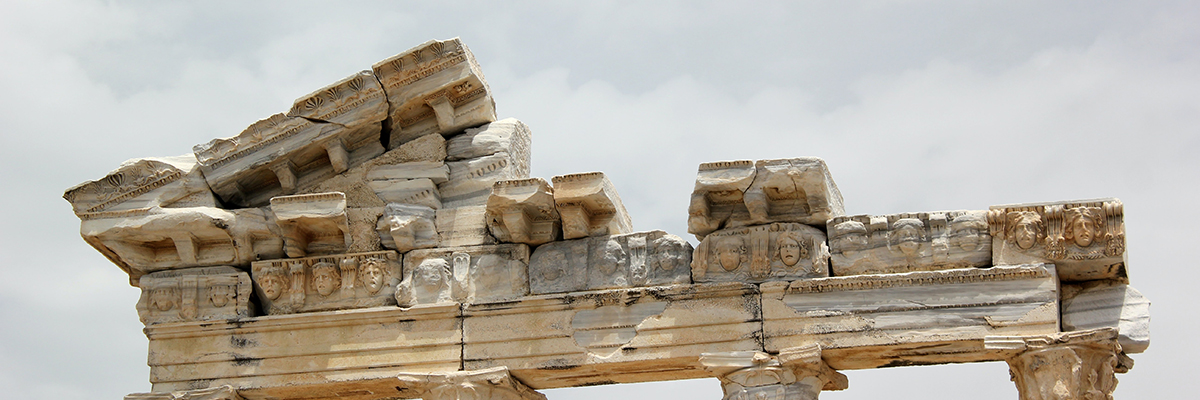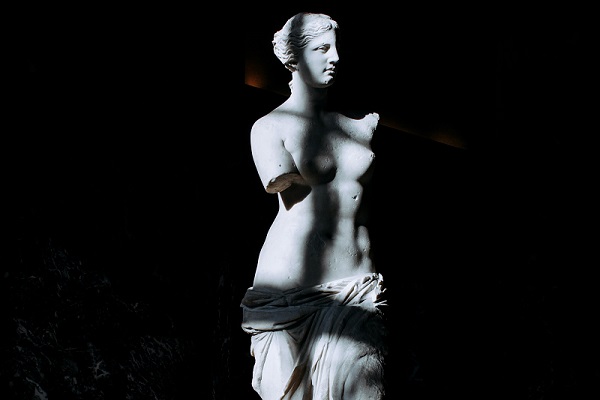

Classical Civilisation is a fascinating subject that introduces you to the ancient worlds of Greece and Rome. You will study a range of classical sources and will develop your understanding of the art, literature and culture of the classical world.
In the first year, you will be reading Homer’s ‘Odyssey’ and learning about Greek religion. Completing this summer work will provide you with a sound introduction to the course.
Did you know? There are two different stories about the birth of the goddess Aphrodite.

Identify the 12 Olympian gods of ancient Greek religion. What symbols are they associated with? Choose two gods/goddesses and briefly summarise a mythological story associated with each of them. Theoi Greek Mythology is a recommended website to use.
Read a summary of Book 1 of “The Odyssey’’. Note how involved the gods are in the events of the story. What does their behaviour suggest about how the Greeks saw their gods?
Extension task: If you would like to read summaries of the other books of ‘The Odyssey’ that would be great. If you want to go even further and start reading the text in preparation for your studies next year, you will need to purchase this exact edition – Homer, ‘Odyssey’ translated by E. V. Rieu, revised translation by D. C. H. Rieu (Penguin)
Watch the Greatest Show on Earth- 1/3
Please watch the BBC documentary ‘The Greatest Show on Earth’ (below). This will provide you with an introduction to the politics and culture of ancient Greece.
There are two different stories about the birth of the goddess Aphrodite. You can read about the history and significance of Aphrodite in ‘Venus and Aphrodite: History of a Goddess’ by Bettany Hughes. Venus was the mother of Aeneas so it would be useful to know about her for your second-year studies.
Stephen Fry has written a book in which he retells the Greeks myths: ‘Mythos: The Greek Myths Retold’. Well worth reading if you’re interested in mythology. We study Greek religion in the first year and so a knowledge of mythology would be helpful.
The Peloponnesian War was a civil war in Greece that lasted for 27 years and marked a great turning point in civilisation. Democratic Athens was pitted against the militaristic oligarchy of Sparta in a bloody struggle for control of Greece. You can read about the fascinating history of the war in ‘The Peloponnesian War’ by Donald Kagan. The Peloponnesian War provides a backdrop to your studies of Classical Civilisation and knowing about some of the key events in the war will help you to contextualise your understanding of the subject.